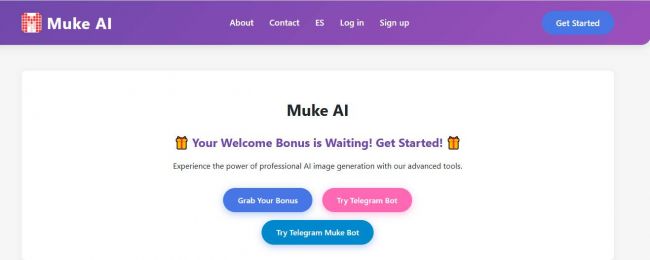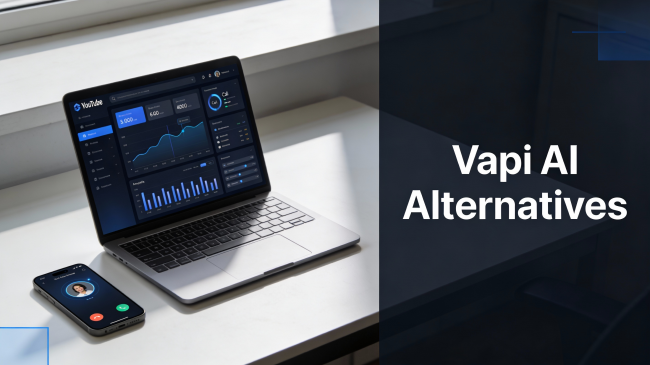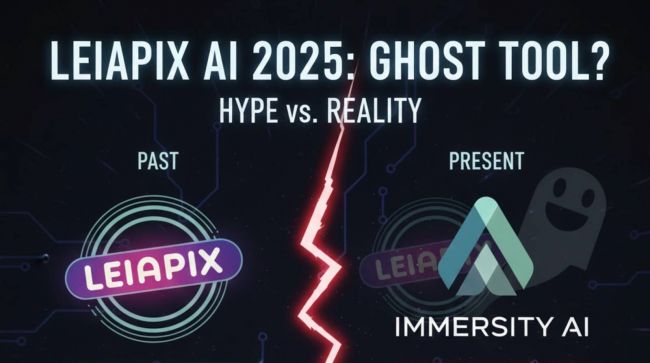Every day, a new AI tool pops up, promising to write better, design faster, or automate smarter. It feels like the gold rush of tech, where anyone with an API key and a decent UI is launching their own solution. It feels exciting, but also overwhelming. The question now is: has the market hit its limit?
The Numbers Tell a Mixed Story
The numbers are staggering. According to Grand View Research, the global AI productivity tools market crossed $14 billion in 2023 and is growing at 17.3% annually. Statista forecasts that AI overall will reach $740 billion by 2030. But rapid growth doesn't mean every product will thrive. Many are struggling to stand out.
Reddit threads from SaaS founders echo this challenge. Even well-built tools get buried in noise. Users already have multiple AI apps and don’t want another clone that offers the same features with a different name.
Why Most AI Tools Are Forgettable
Most new tools are built on the same models, just repackaged. Without unique workflows or deep integrations, they quickly become forgettable. Like most new AI tools are built on the same foundation using popular models like GPT-4 or Claude, yet they often differ only in appearance or branding. While this might be enough to grab initial attention, it rarely builds lasting value. Without unique workflows that truly fit into how users already work or integrations that reduce friction between tools, they fade fast. People don’t want to switch between disconnected apps or relearn processes that don’t significantly improve their productivity.
That’s why so many tools go unnoticed or are abandoned after a few uses. Simply wrapping a language model in a clean interface isn’t enough anymore. The tools that thrive are those that embed themselves into existing routines, automate the boring parts, and remove the need for users to jump between platforms.
Users aren’t looking for another chatbot or slide generator; they want tools that truly fit their daily work.
On the contrary, tools that solve niche problems really well or embed themselves into specific user workflows are still winning. Take (descript.com) it’s not just AI-powered transcription, it rethinks audio editing by turning spoken words into editable text. Or (Notion Ai.com), it doesn't add clutter; it enhances writing, organizing, and summarizing inside an existing workspace. These tools aren't replacing work, they’re redesigning how it flows..
Is It Too Late to Join the Race?
Not yet, but the bar is high, and users are quicker to abandon tools that don’t impress from day one. Generic tools won’t survive. New products need to solve specific, real problems, especially for focused groups or with access to exclusive data.
So, is the AI tool market overcrowded? It is. But like any crowded market, that just means the easy wins are gone. What remains is the harder, more valuable work of building something that truly matters, and that’s always worth doing.
Post Comment
Be the first to post comment!





